VIJAY PRASHAD examines why in 2018 Washington started to take an increasingly belligerent stance towards ‘near peer rivals’ – Russa and China – with far-reaching geopolitical effects
The origins of Juneteenth
LUKE DANIELS recalls the origin of the celebrations, as the end of the US civil war in 1865 saw the Emancipation Proclamation finally brought into effect and slaves were granted their freedom
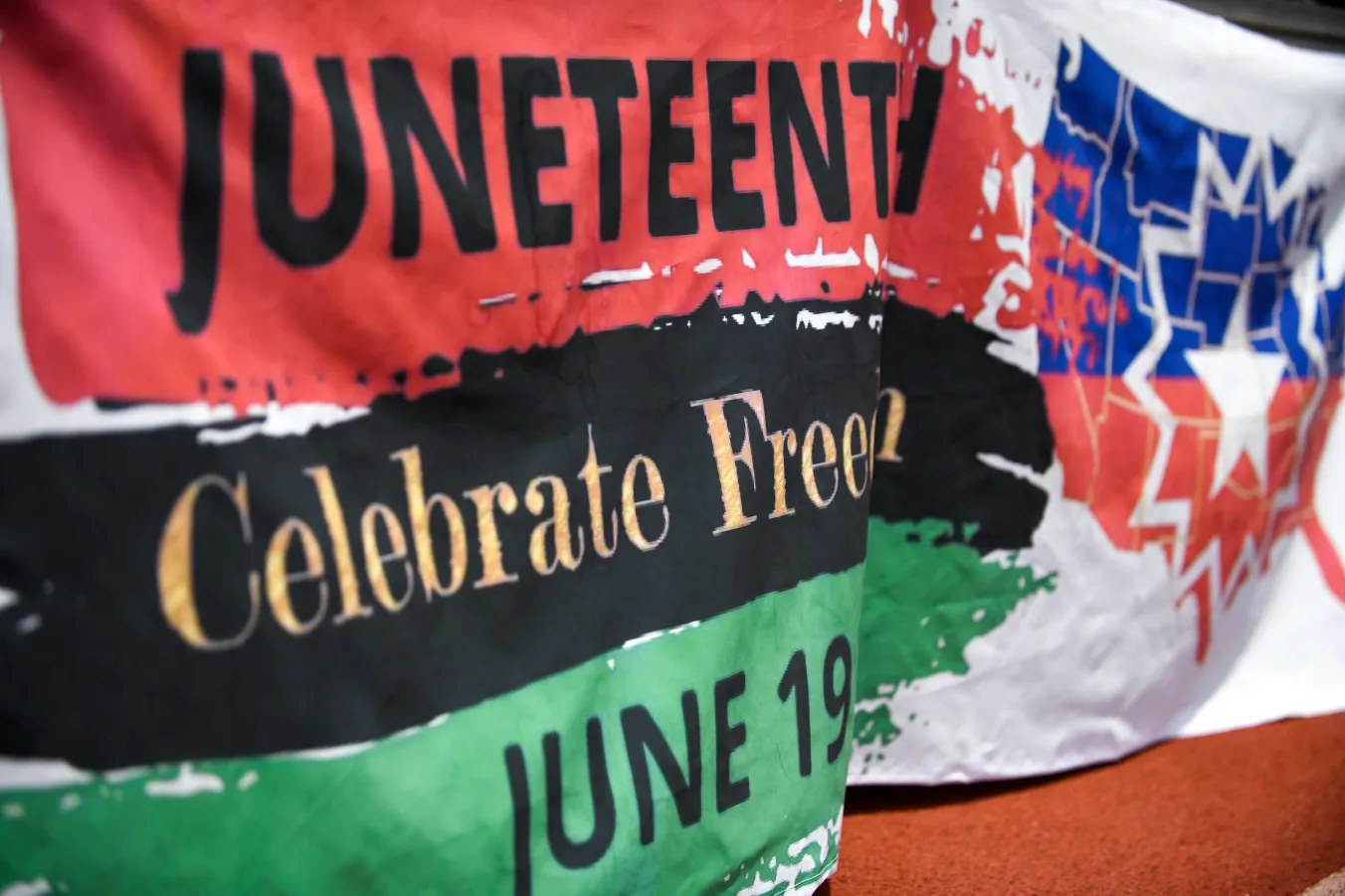
AS AMERICANS celebrate Juneteenth, it gives occasion to also reflect on the reasons and history of the celebration.
After the Northern US states defeated the slave-owning South in the US civil war, enslaved Africans in Galveston, Texas, were told by Major General Gordon Granger on June 19 1865, that they were now free.
This was some two-and-a-half years after president Abraham Lincoln issued the Emancipation Proclamation in 1863.
More from this author
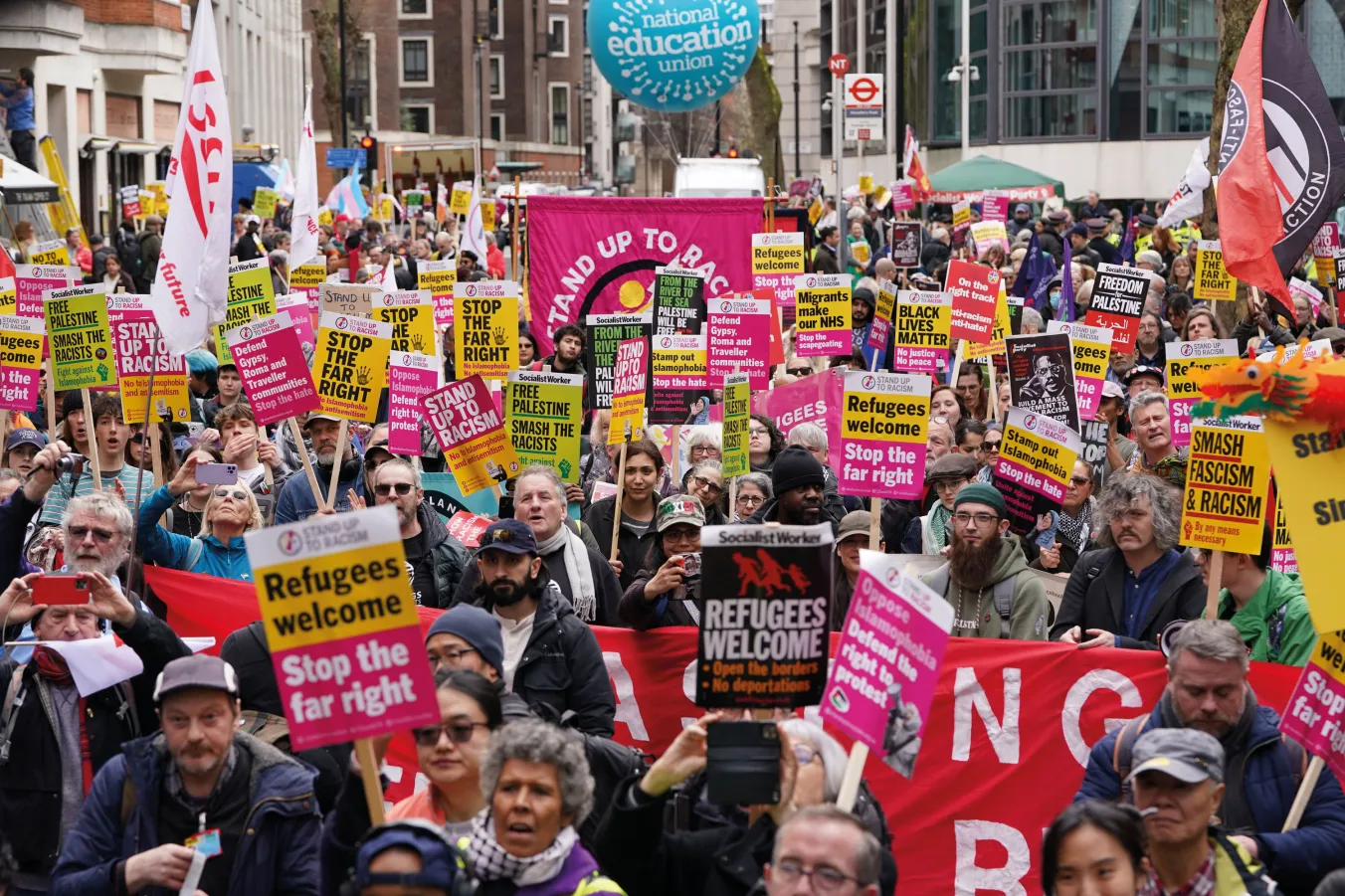
As Black History Month brings renewed focus on the fight against racial inequality, LUKE DANIELS argues that understanding slavery’s legacy and demanding financial reparations are key to defeating modern racism
Working with men who carry out domestic violence, LUKE DANIELS sounds the alarm on the spike in cases as couples are forced indoors due to the pandemic
Similar stories
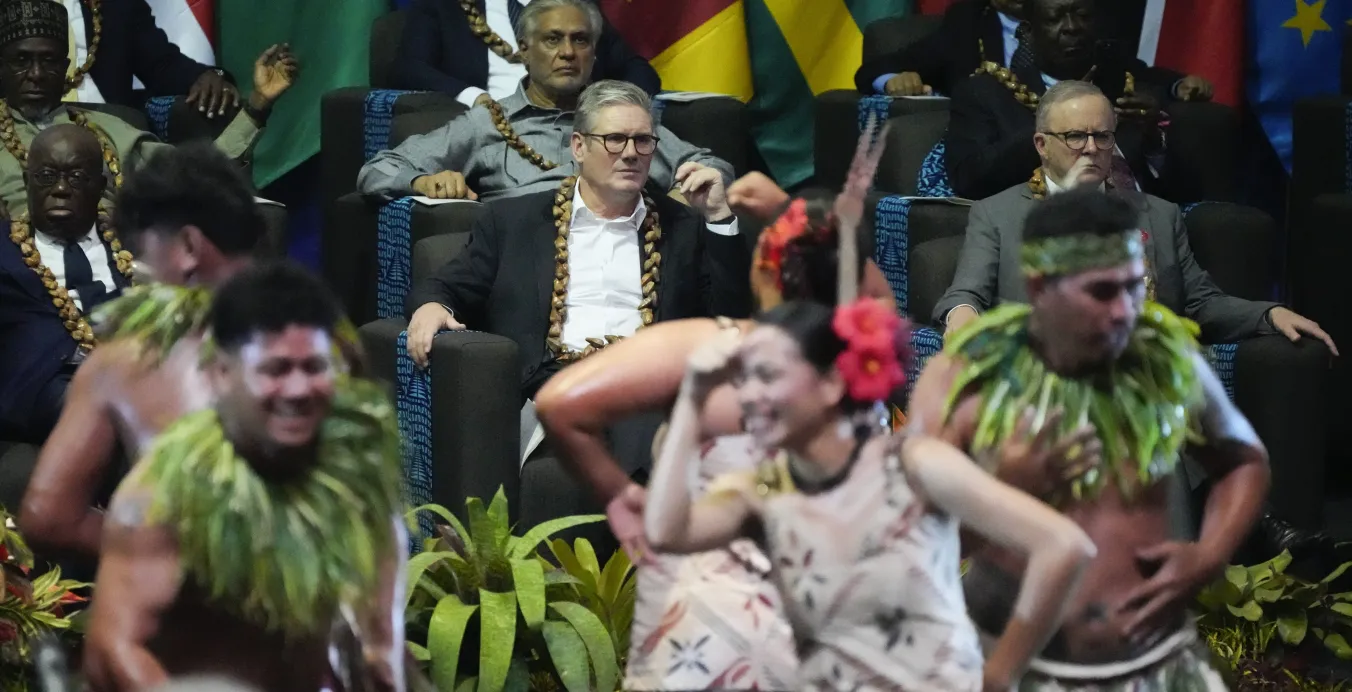
The Labour leadership’s refusal to even consider the widely accepted case for Britain to pay reparations for its part in the transatlantic slave trade is a sign of its imperialist worldview, writes CLAUDIA WEBBE

As Black History Month brings renewed focus on the fight against racial inequality, LUKE DANIELS argues that understanding slavery’s legacy and demanding financial reparations are key to defeating modern racism
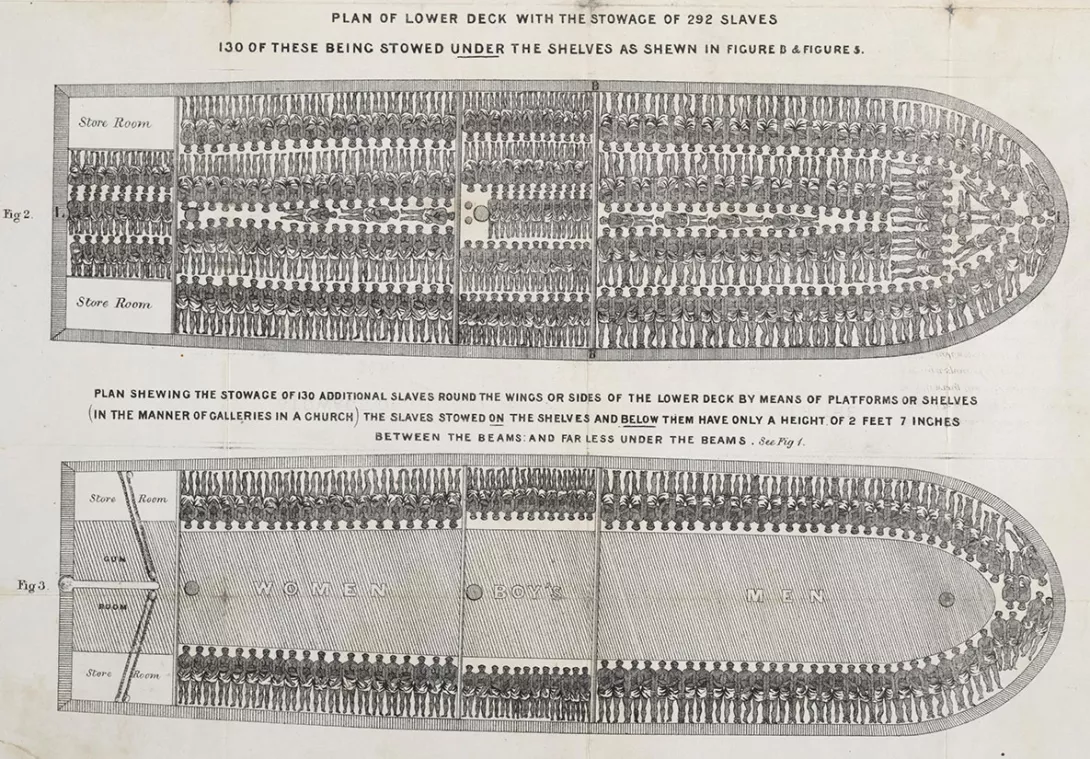
The paltry new fund embraced by the Church of England is nowhere near what real justice demands: handing over the estimated £1.3 billion derived from trafficked Africans to their descendants, explains STEVE CUSHION
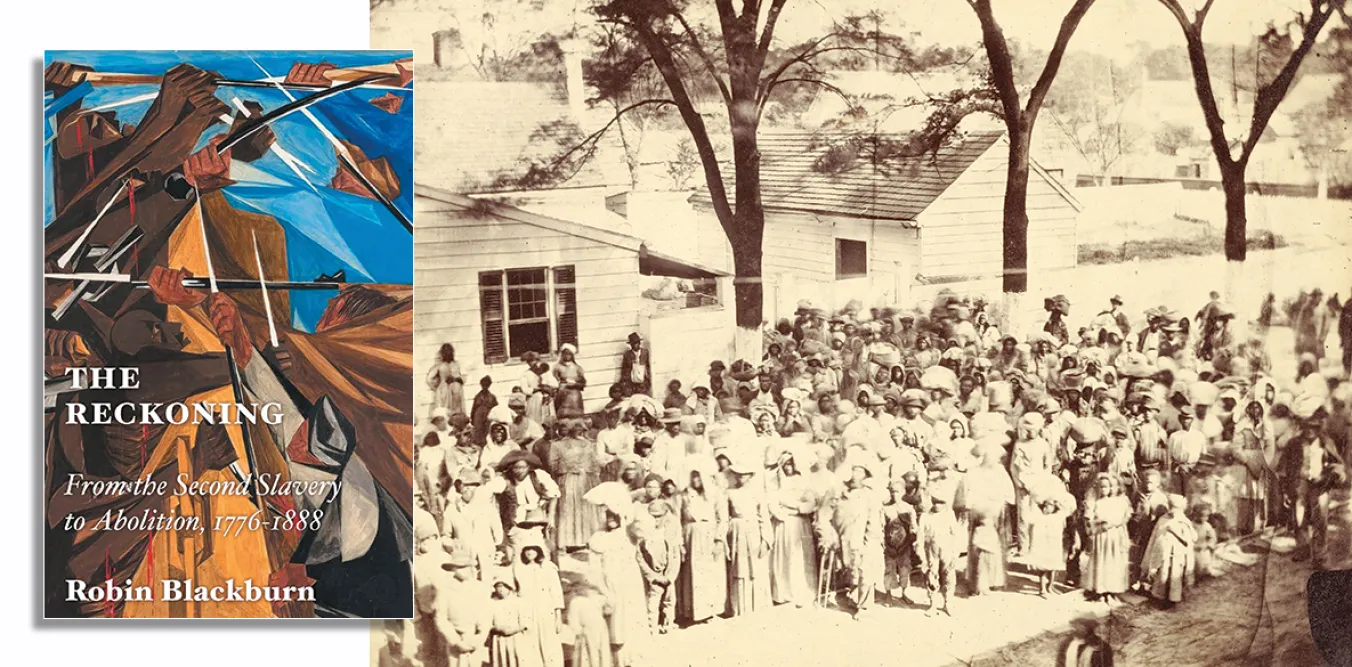
RON JACOBS welcomes the final volume of a history of Slavery that demonstrates the structural importance of racism to US capitalism, from the beginnings until today









